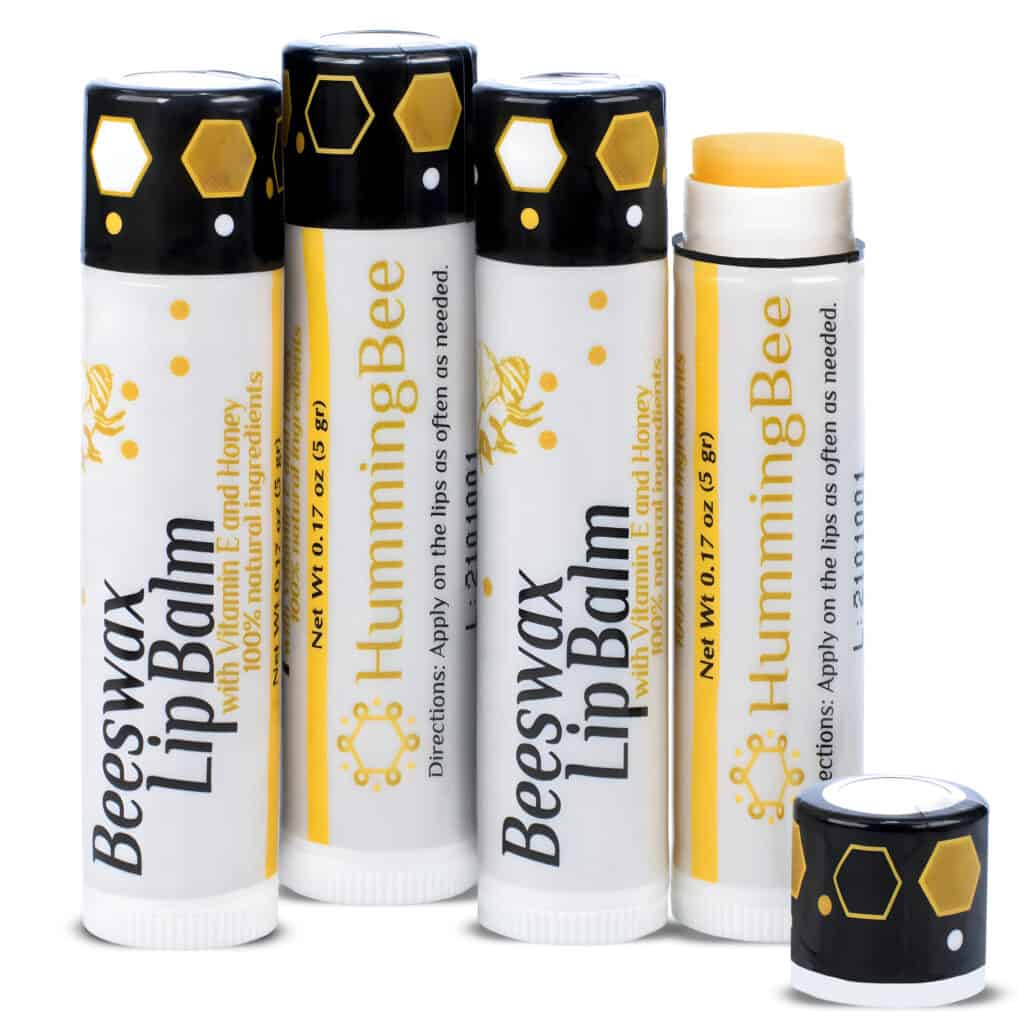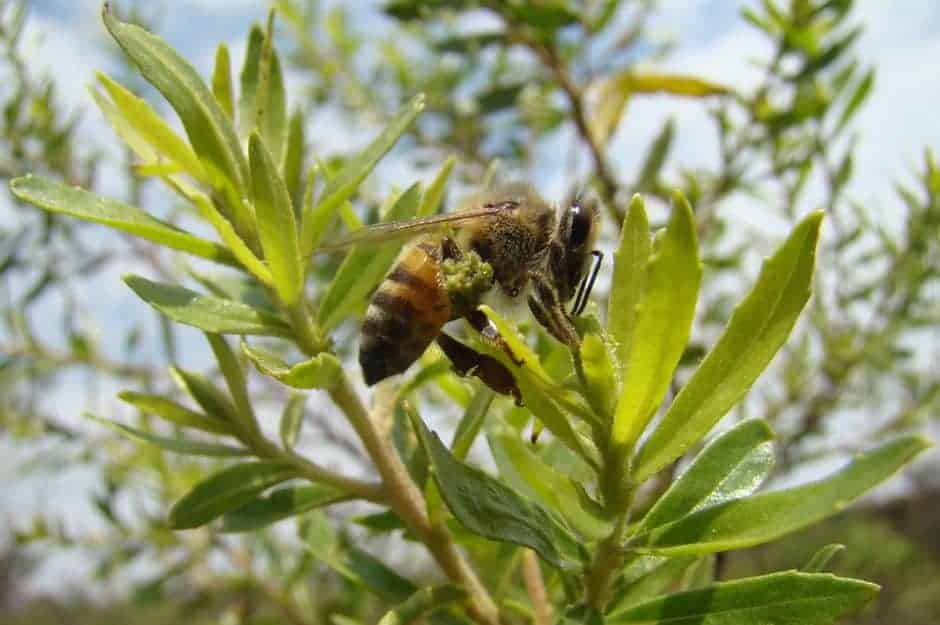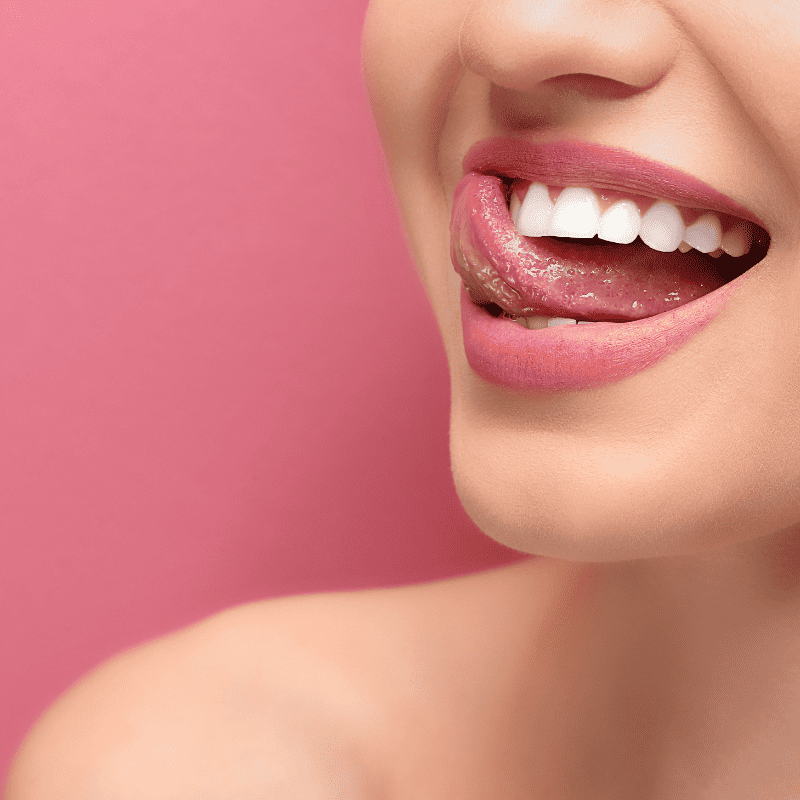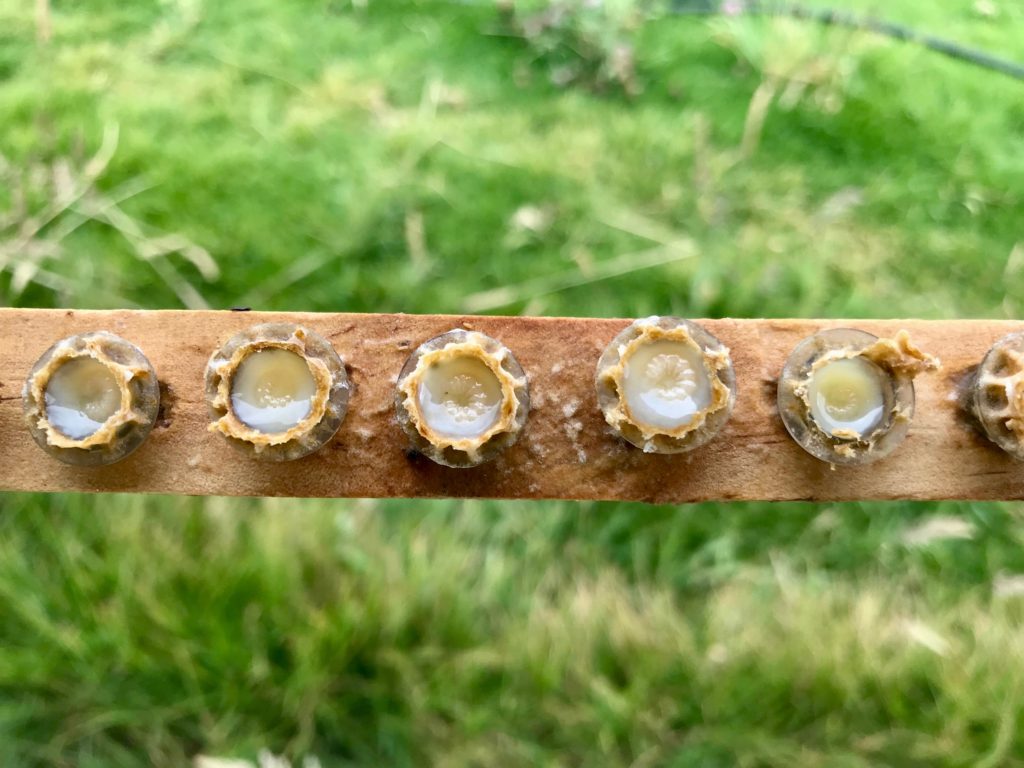So here we continue where we left off in Part 1 of Bee Pollen Health Benefits. If you haven’t read it yet, make sure to do so, as this second part will be incomprehensible if you did not read it. I am just kidding.
And, if you also want to learn about honey, make sure to read this post. Ok, now into the nutrients in bee pollen.
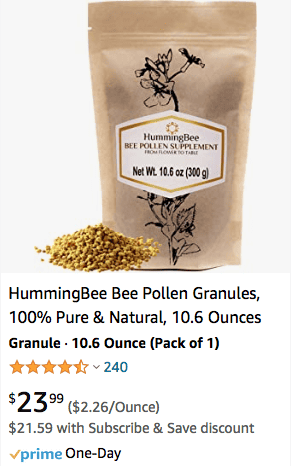
Summary
Bee pollen is rich in high-quality, highly digestible protein (around 30%) and insoluble and soluble fiber.
It contains some vitamins and minerals but is not particularly rich in those.
Carotenoids are present in reasonable amounts, which are suitable for eye health.
Besides these nutrients, something exciting in this product is that it contains 18 different antioxidants that are amazing for immune support and provide the most health benefits. And one of those is Myricetin, which is responsible for helping with the symptoms of seasonal allergies.
There is no evidence, aside from seasonal allergies, that supports the idea of Bee Pollen being the cure for any particular illness.
However, the potential preventive effects for health might come from all the different antioxidants.
Make sure to watch Part 2 of our Bee Pollen Health Benefits video.
Ok, so where were we? Right, Bee Pollen.
Protein in Bee Pollen
To start with bee pollen nutrition facts, let´s begin with protein. As we saw in Part 1, bee pollen is high in protein; depending on botanical origin, it ranges from about 19% to 30%.
But the protein amount is just half of the story. There is something critical for any food, and it is Protein Quality.
Now, if we step back a bit, proteins are made of Amino Acids, of which there are 20 types of standard AAs (those encoded by the genetic code), although there are many more, and we need all 20.
Humans can make 11 AAs inside our bodies using other AAs as building blocks; we call them non-essential AAs. But the other 9 AAs must be consumed through the food we put in our mouths as our body cannot make them and call those essential AAs.
So, the quality of a protein depends on how many essential and non-essential AAs it has and the relative amounts of each within the protein.
By now, I’m sure you know where I’m getting at; you guessed it, Bee Pollen has all 20 of them. The relative amounts of the AAs in Bee Pollen also vary with the pollen’s botanical origins.
Besides, there is no perfect protein, so you must have a varied diet to consume the lacking AAs or in low quantities of certain foods.
Make sure to incorporate Bee Pollen in your diet to obtain an extra boost of essential AAs.
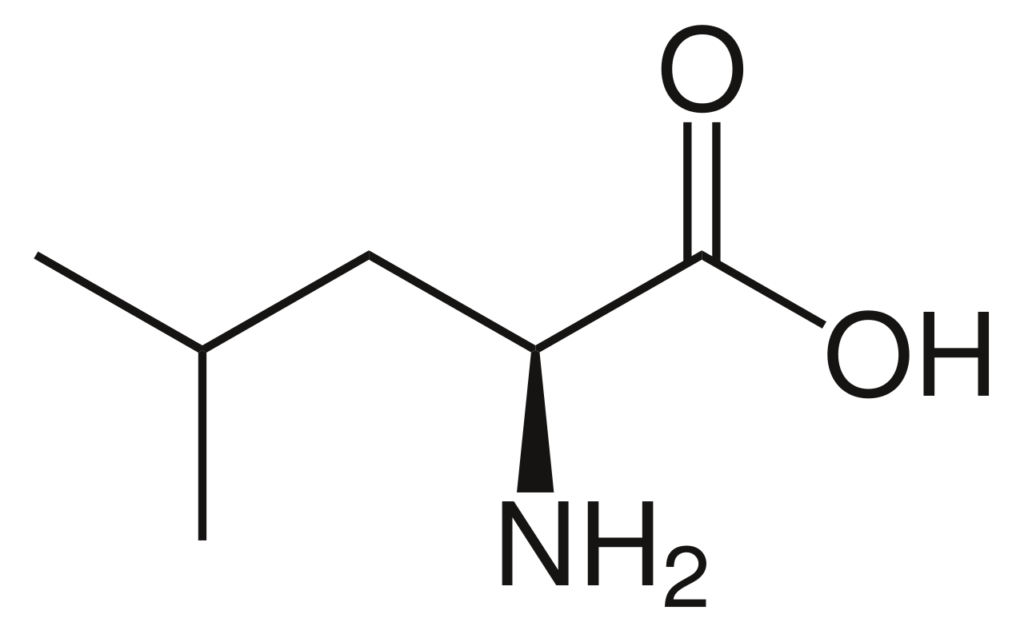
Fats in Bee Pollen
An essential part of bee pollen nutrient profile is fats. If you are reading this, chances are you know a bit about fats and that we should consume all types of saturated and unsaturated fats.
Just avoid trans fats like the plague, seriously. So, bee pollen has around 6% of fats composed of monounsaturated, polyunsaturated, and saturated fats.
Interestingly, about 44% of those fatty acids are C18:3n3 α-linolenic acid; does it sound familiar? Well, that is Omega 3 fatty acids.
A spoonful of Bee Pollen daily will give you about half your Omega 3 daily requirements. Pretty neat, huh?

Minerals
Another vital nutrient in this product is minerals. Bee pollen is a good source of essential minerals; they are necessary because our bodies can’t make them, so we have to consume them in our diet.
Bee pollen is high in Potassium, Iron, Calcium, Magnesium, and Zinc. All are crucial to staying healthy as they participate in active metabolic pathways and our bodies’ structure, like bone calcium.
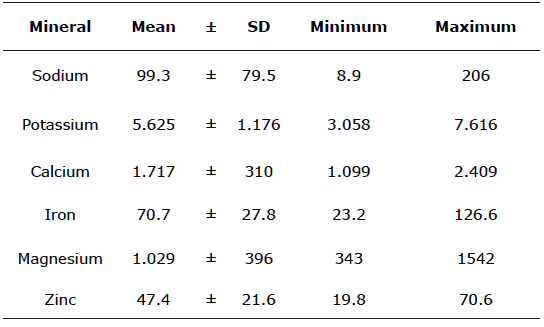
Bioactive Compounds and Health Benefits
Bee pollen is also very interesting as it contains the so-called bioactive compounds. A bioactive compound is a substance that is not essential for you to stay alive; however, they pose various beneficial activities when consumed.
The main bioactive substances are phenolic compounds in all plant structures, including pollen grains. Flavonoids and phenolic acids are the main phenolic compounds present in bee pollen.
These substances’ primary role is in reducing the scavenging of free radicals that harm our cells; these are the so-called antioxidants.
Many of these substances are significant in preventing or improving inflammation processes.
As with the nutritional content, it is essential to note that the amount and type of a specific nutrient or substance depend on geographic origin, time of the year, and relative contribution of the different plant species available to bees.
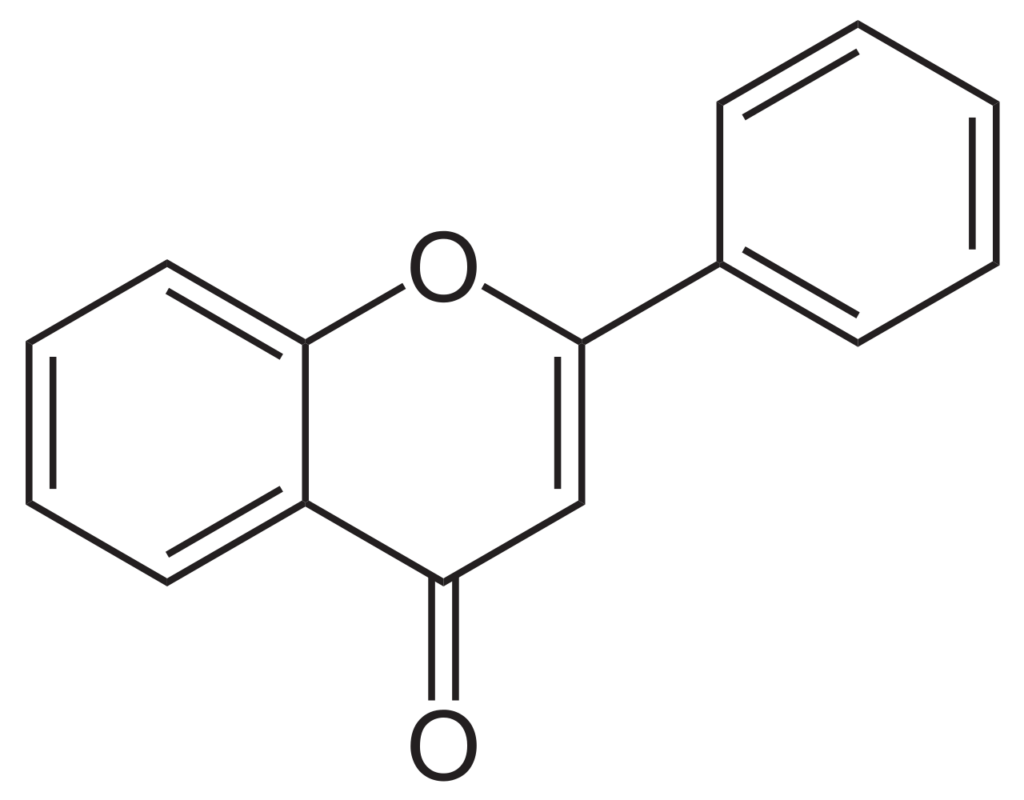
Vitamins in Bee Pollen
Last but not least, Bee Pollen is a good source of Vitamins. Bee Pollen has B complex vitamins, Vitamin C, Vitamin E, and Vitamin A, in the form of a carotenoid called Zeaxanthin which is very important as it is a component of the eye macula.
These vitamins also act as antioxidants or participate in metabolic complexes as reaction catalyzers or mediators, so it is imperative to consume them.

Good for seasonal allergies?
Traditionally this product has been used to treat seasonal allergies, hives, or pollen allergies. The latter is a bit counter-intuitive regarding how to treat pollen allergies with bee pollen.
The answer can be found in this research paper that shows that it is an anti-oxidant in bee pollen responsible for the anti-allergy function of the product.
A common belief is that you must consume bee pollen from the same area where you live (local bee pollen). That is not true, as this health benefit comes from an anti-oxidant in all bee pollen, so you can consume pollen from any region in the world to get the benefits.
Make sure to eat it regularly, as the health benefits come when you use it often.
Finally
Here we conclude the series on the health benefits of Bee Pollen. If you want to dive deep into Bee Pollen and other Bee Products’ Nutritional Facts, follow this link.
And if you want to know how HummingBee Bee Products can help you follow this other link. Have questions? Leave us a comment.
Also, check out our HummingBee Bee Pollen product in case you are interested, or Visit Our Store for all of our Bee Products.
Finally, we have recently been featured in GoSolo magazine; find the whole article here.
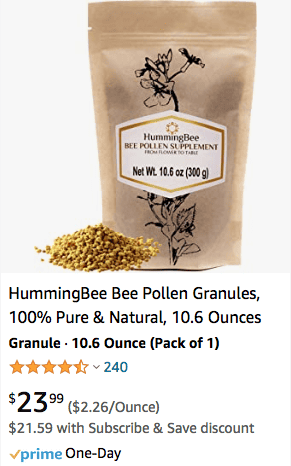
Does Bee Pollen Expire?
Does bee pollen expire? That is the most asked question about bee pollen; I will…
Best Lip Balm to Keep Dry, Chapped Lips Hydrated Year-Round
While there is hardly a consensus among lip balms customers on the best lip balm,…
Bee Propolis, five things you need to know about it
What is Bee Propolis? The term propolis comes from two Greek words, pro (for or…
Chapped lips? Causes and treatments for dry, cracked lips.
What are sore chapped lips a symptom of? Severely chapped lips may have different causes….
Can Honey Go Bad?
Like any food, raw honey can go bad. However, raw honey has some fascinating properties…
Royal Jelly: The three essential facts
So far, we´ve talked about Bee Pollen, Propolis, and Honey. These three are the only…


